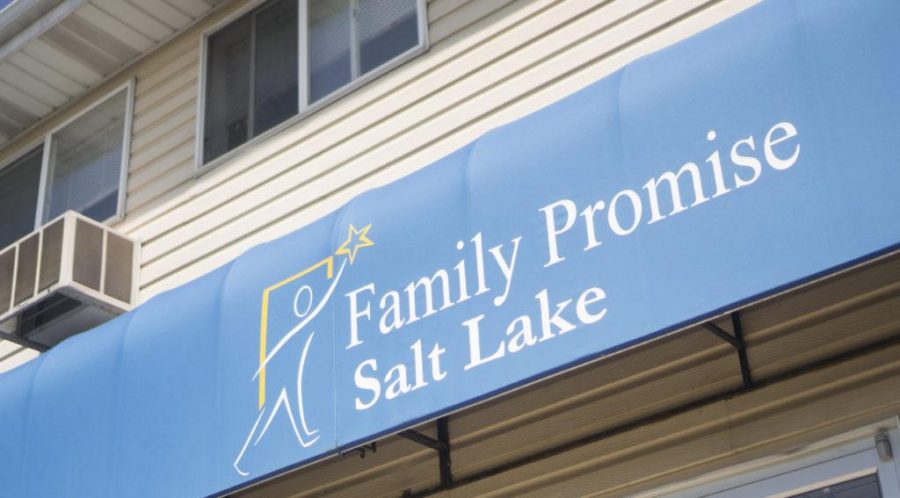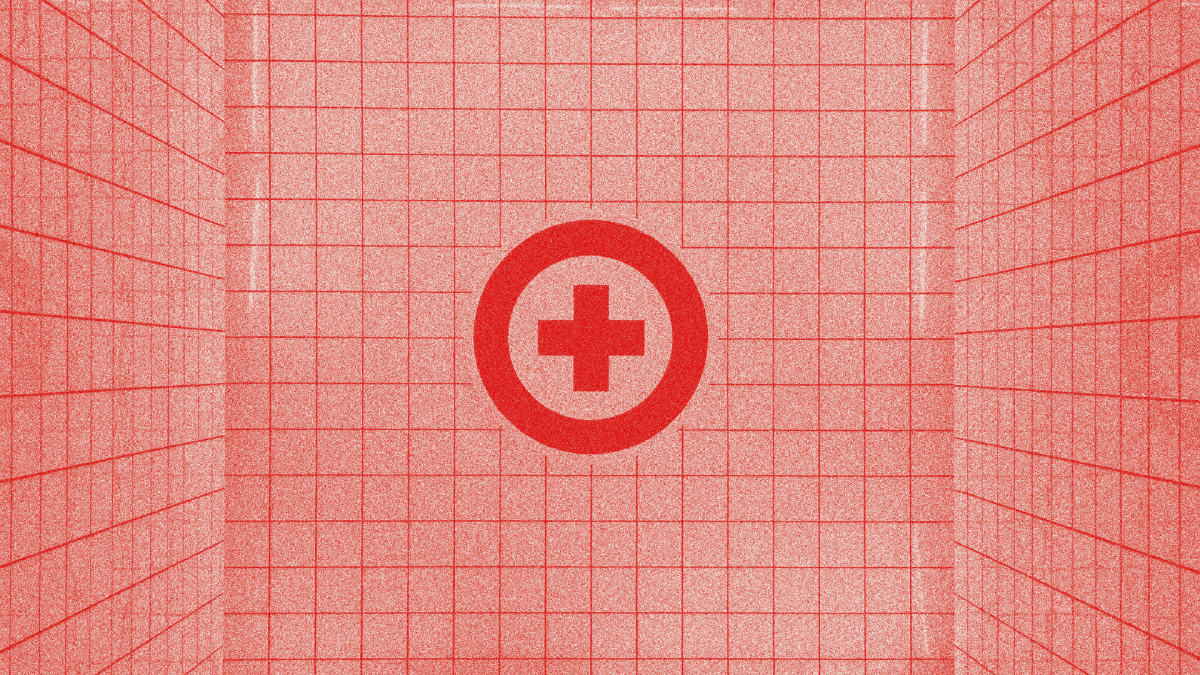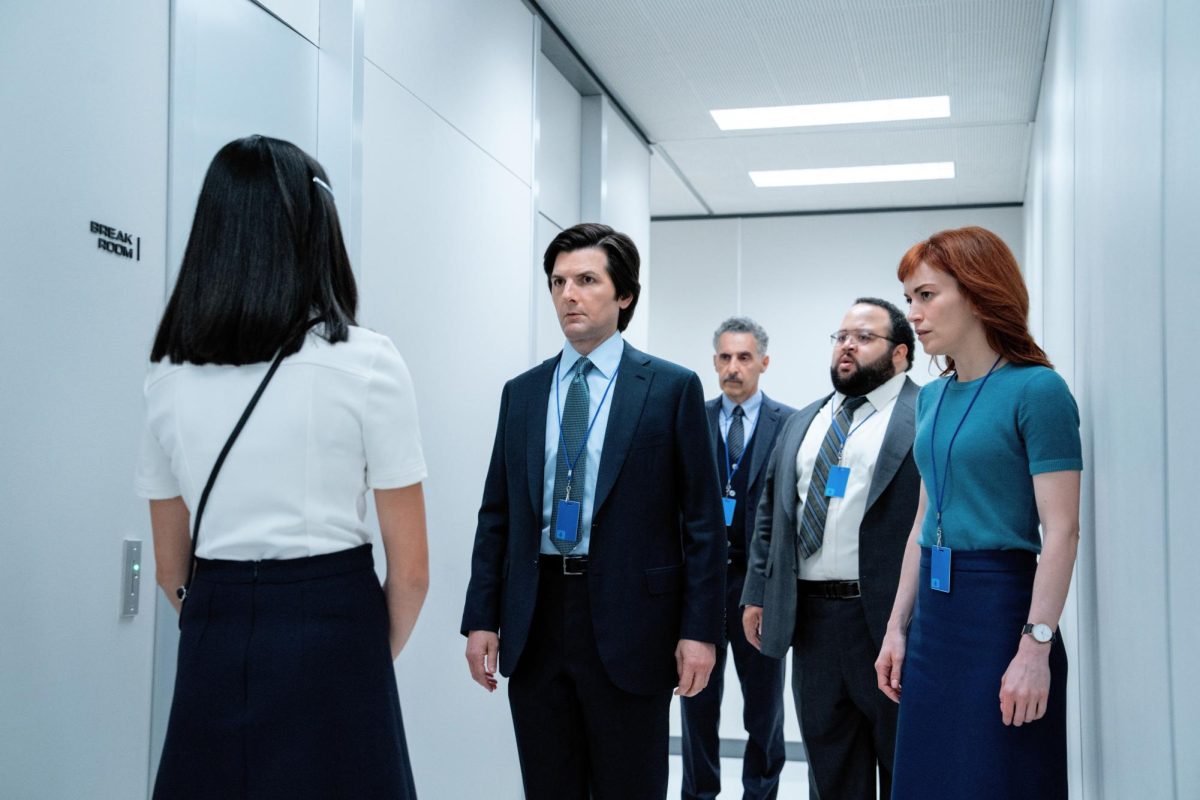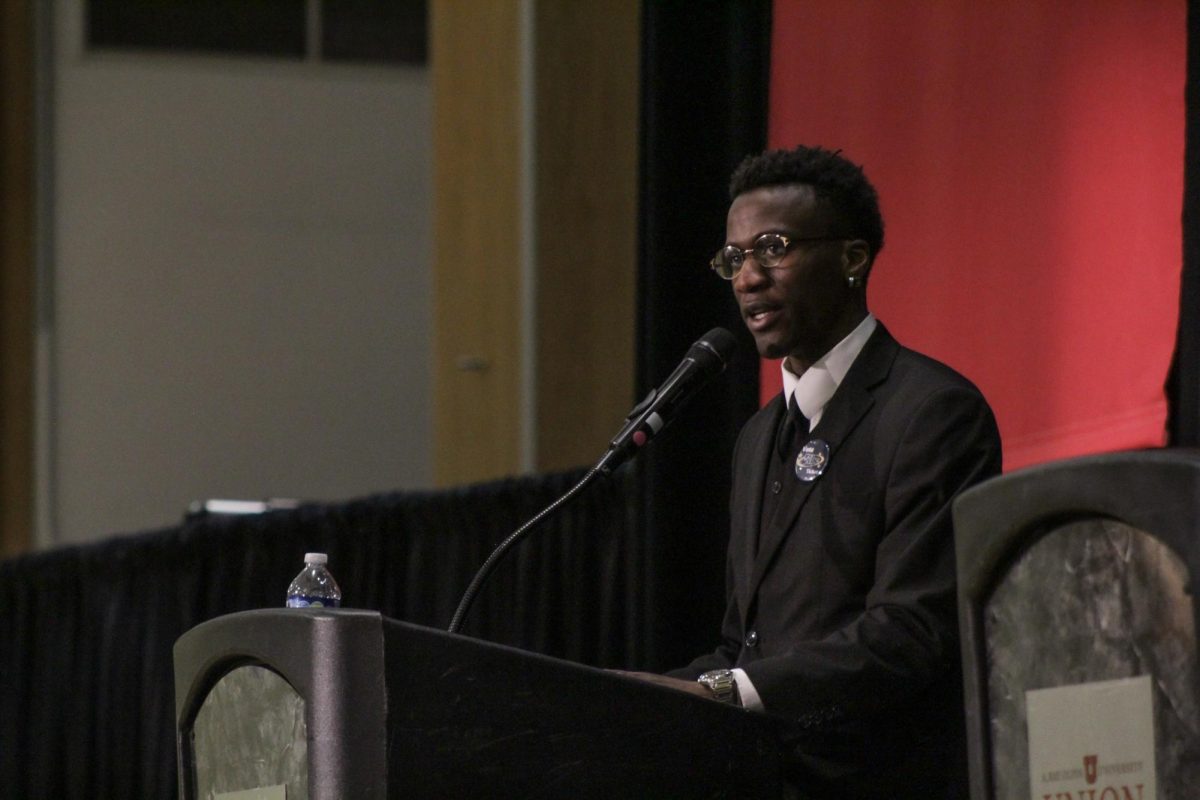Vice Presidential Debate Essay Contest Gives Students Across Utah an Opportunity to Get Involved
Logistics of the contest and advice for students looking for answers
September 23, 2020
On Oct. 7, 2020, the University of Utah will host a Vice Presidential debate, the first time the state of Utah will host a debate of national proportions.
Director of the Utah Debate Commission, Nena Slighting, talked about the process of bringing such a large scale event to Utah for the first time.
“A couple of board members and myself went to Washington D.C. and we met with the Commission of Presidential Debates to determine their interest in coming to the state, and they were very interested and excited at the prospect,” Slighting said.
Slighting also said there is an excitement in Utah residents.
“There’s an appetite to be involved and engaged in the political process here in Utah,” Slighting said.
Both the Debate Commission and the State Board of Education wanted to engage as many Utah residents and students as possible. Originally, there were hundreds of volunteer positions available to accomplish this goal, but COVID-19 has limited the number of people who will be allowed to attend and volunteer.
Despite the restrictions, there is another way students were able to participate in the event. In partnership with the Utah Debate Commission, the U reached out to K through 12 schools and Universities across the state, encouraging students to be involved through a statewide essay contest.
Applications were due at 5 p.m. on Sept. 11 and asked students, “If you could ask the vice-presidential candidates one question, what would you ask and why?”
Professor of Political Science at the U and member of the board of judges reviewing the questions, Morgan Lyon Cotti said hundreds of submissions were received before the deadline, signifying the truth of Slighting’s belief in Utahns’ desire to be involved in the political process.
Submissions were divided into 4 different groups based on the grade of the student. The age categories are kindergarten through fifth grade, six through eighth grade, ninth through twelfth, and undergraduate.
There is a panel of volunteer judges made up of university professors and others who will select the top essays from each age group and pass them along to the Utah Debate Commission, which will select the final winners. Those final four individuals’ questions will be published in the Salt Lake Tribune and the Deseret News and submitted to the moderator to be asked during the debate.
“[There will be] very different writing styles and standards and a wide array of topics … They are going to try to find those few finalists’ submissions that represent the different concerns that students within Utah have and want to hear the vice-presidential candidates speak about,” Lyon Cotti said.
As a professor of political science, Lyon Cotti was extremely excited for her students to have the opportunity to voice their questions.
“It’s easy for me to try to guess what a student might want to hear, but the best way to actually find that out is having an essay contest like this, and having students tell us what they want to hear about,” Lyon Cotti said.
Despite the hundreds of submissions, only four questions will be chosen, and both Slighting and Lyon Cotti have advice for how the hundreds of other students can find answers to their questions.
“We always want students to be as engaged and as informed as possible. Visiting the candidates’ websites is a great way to learn more. And then just watching these debates because there’s going to be 500, or at least 500, different essay questions that are submitted, but a lot of those will touch on those same topics, so listen for those topics that you care about maybe the question will be framed a little differently, but you’ll still get to hear the candidates speak to those issues,” Lyon Cotti said.
Slighting encourages students to talk with their peers and think of what they would want the answers to their questions to be.
“The hope is that they’ll watch all of the debates and that either with their classmates, or with their families, or with their work associates, that they’ll have these conversations on solutions to the most pressing issues of our day. We encourage civil political discourse to engage everyone in the dialogue about what is happening in our state and then have our nation and, and how to discuss these things, and put forward solutions and I think it’s important that we have debate so that we can hear from the candidates and we can hear how they propose to solve these difficult issues,” Slighting said.











